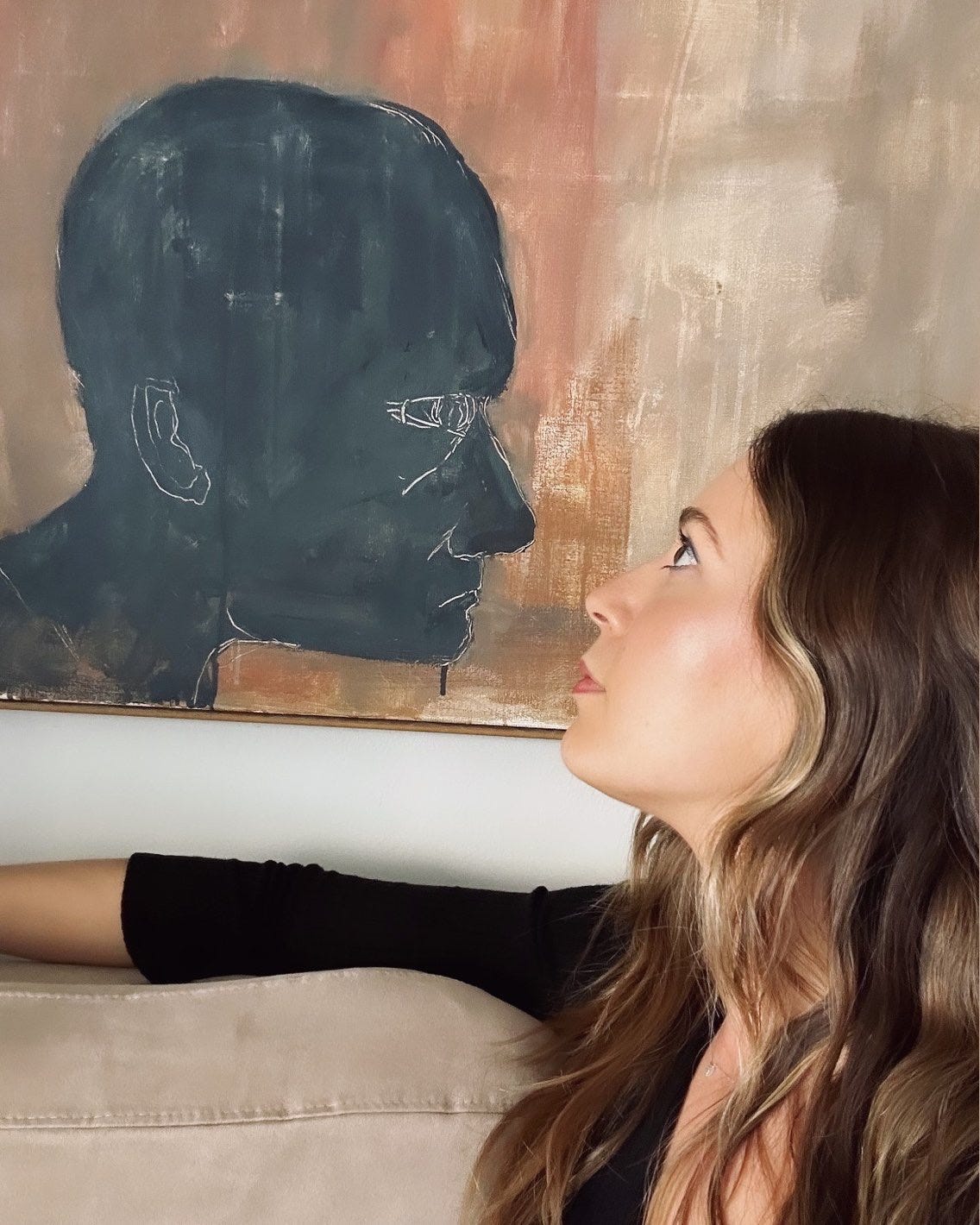Conflict is the friction that arises when different needs or perspectives clash. It happens when opposing views create tension or when disagreements become emotionally-charged.
Before we focus on resolving conflicts, we would benefit from understanding how conflict is rarely about what it seems to be on the surface. (Just as in functional medicine, where the root issue is found and treated, my philosophy takes a similar approach to conflict; we look to the root cause, versus the outward symptoms.)
Conflicts in relationships often happen when emotional or personal needs are not met. Our core desires include feeling valued, understood, respected, and secure. When these needs aren't met, it can lead to feelings of being overlooked, questioning our self-worth, or revisiting past hurts. Conflicts can worsen due to misunderstandings and unmet expectations, especially when we expect others to see things from our point of view or behave in ways that match our preferences.
We might feel deeply annoyed with a housemate over their untidiness, get upset with a friend for not acting like a “good friend,” feel angry because our loved ones don’t call us, or struggle to agree on how to structure a business venture.
On the surface, these conflicts seem clear: One person is annoyed that the other is not clean enough; one friend feels that their involvement in the friendship isn’t as strong as the other’s; one person believes that they’re the one always initiating the connection with their family member; and business partners don’t see eye-to-eye on how to take a business strategy forward.
There’s a root issue beneath each of these conflicts, however, which drives tension and needs to be addressed.
My favorite spiritual teacher, Michael Singer, puts things simply: “When a problem is disturbing you, don't ask, ‘What should I do about it?’ Ask, ‘What part of me is being disturbed by this?’” In other words, the root cause of our conflicts is less about what’s happening externally in the situation causing the tension, and more about what’s happening inside of us.
Sometimes we don’t feel appreciated. We feel disconnected. Our worldview or identity is being questioned. We feel unequal in decision-making. Perhaps we feel that we’re losing control. Our ego feels the need to be right. Past experiences, unresolved hurts or lingering frustrations resurface.
Conflicts that I’ve dealt with personally have always pointed to something much deeper than what the initial situation put an emphasis on. Insecurity. Shame. Codependency. Jealousy. Anger. Resentment. Fear of rejection. Mistrust. Control Issues.
To understand the reason behind our conflicts, we must have plenty of self-awareness and openness with ourselves. It’s important that we’re curious, as it encourages us to be conscious about what’s really happening. There’s also a bit of ego-work that should also be explored, as looking at our less-than-beautiful characteristics can be challenging.
It’s easy to go about finger-pointing or blaming others when it comes to conflict, but doing so only causes more friction in relationships. It’s up to us to take responsibility for our emotions, assumptions, expectations, and beliefs. In doing so, the other will likely be prompted do the same (mirror neurons are a wonderful thing!)
Taking an approach of looking at the root, inner cause of conflict creates more personal growth, but it also aids in creating more kindness and compassion in our relationships.
We’re all approaching situations with different viewpoints. If we can hold ourselves accountable for the feelings we’re experiencing and understand where they’re really coming from, we’ll hold space for others to do the same. And that’s how stronger, more conscious relationships are formed.





